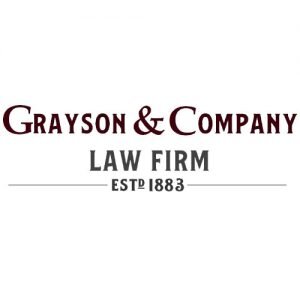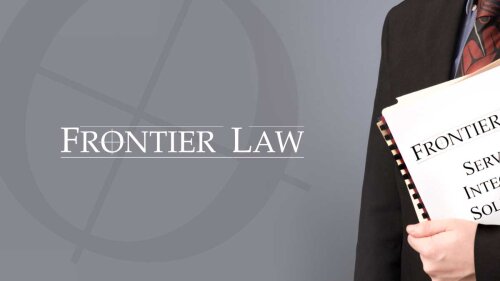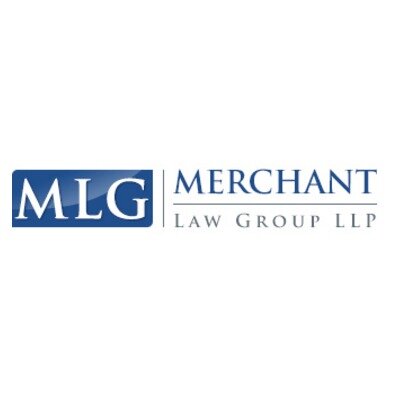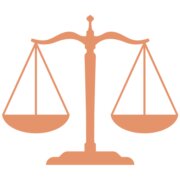Best Conveyancing Lawyers in Canada
Share your needs with us, get contacted by law firms.
Free. Takes 2 min.
Free Guide to Hiring a Real Estate Lawyer
Or refine your search by selecting a city:
List of the best lawyers in Canada
About Conveyancing Law in Canada
Conveyancing is the legal process involved in transferring the ownership of property from one person to another. In Canada, conveyancing primarily deals with real estate transactions, such as buying or selling homes, commercial properties, or land. The process includes preparing and reviewing documents, ensuring the title is clear, registering the new owner with the appropriate land registry office, and handling funds in compliance with trust obligations. Conveyancing is governed by a combination of federal and provincial laws, with most of the processes and requirements set by each individual province or territory.
Why You May Need a Lawyer
While some aspects of conveyancing might seem straightforward, the process can be complex and involve significant legal responsibilities. Here are some common situations where you may need a lawyer during conveyancing:
- Buying or selling residential or commercial real estate
- Dealing with mortgage arrangements or refinancing
- Resolving disputes over property boundaries
- Title issues, such as liens, encumbrances, or errors in ownership records
- Inheritance or transfer of property through a will or estate
- Transferring joint tenancy or tenancy-in-common interests
- Buying property from a developer or builder
- Commercial leasing or subletting arrangements
- For Sale by Owner (FSBO) transactions
- Complex agreements where parties have special conditions or terms
A lawyer ensures the transfer is legally valid, provides advice on your rights and obligations, and safeguards your interests during the transaction.
Local Laws Overview
In Canada, property law and conveyancing procedures are primarily governed by provincial and territorial legislation. Real estate lawyers must comply with local laws regarding:
- Land Title Registration: Each province maintains a land registry or land title system where all property ownerships, transfers, and liens are formally recorded.
- Contracts and Agreements: Purchase and sale agreements must comply with provincial contract law and often include specific clauses for deposits, closing dates, and conditions such as financing or inspections.
- Title Searches: Lawyers conduct title searches to identify ownership, restrictions, or outstanding mortgages and ensure the title is free and clear for transfer.
- Closing Procedures: The lawyer coordinates the exchange of funds and documents between buyer, seller, banks, and government offices to finalize the sale or transfer.
- Taxes and Fees: Each province and municipality has its own transfer taxes, GST or HST requirements, and land registry fees to be paid before ownership can be transferred.
- Disclosure Requirements: Sellers are often required to disclose known defects or issues with the property as mandated by local law.
- Power of Attorney: Conveyancing may require careful handling if a party is represented under a power of attorney, especially to prevent fraud.
Local regulations can significantly impact the process and costs, so it is essential to be familiar with rules specific to your province or consult a local conveyancing lawyer.
Frequently Asked Questions
What is conveyancing and why is it important?
Conveyancing is the legal process of transferring property ownership. It ensures the buyer obtains good title to the property, free from encumbrances, and that all legal, tax, and financial obligations are properly handled.
Do I need a lawyer for a property transaction in Canada?
In most provinces, hiring a lawyer is required or strongly advised for any real estate transaction. A lawyer prepares and reviews legal documents, conducts title searches, registers changes, and protects your interests.
What paperwork is involved in a conveyancing transaction?
Key documents often include the Agreement of Purchase and Sale, title documents, statements of adjustments, mortgage instructions, land transfer documents, and tax certificates.
How long does the conveyancing process take?
The timeline can vary, but a typical residential purchase can take from a few weeks to several months, depending on conditions such as subject removals, mortgage approval, and title clearance.
What are common costs associated with conveyancing?
Costs include legal fees, land transfer taxes, GST or HST, title insurance, registry fees, and other disbursements such as title search costs and courier charges.
What is title insurance and is it necessary?
Title insurance protects against potential title or ownership issues that may arise after the purchase. While not mandatory everywhere, lenders often require it, and it is highly recommended for buyers.
What is a statement of adjustments?
This document outlines the final calculation of amounts due between buyer and seller, including adjustments for property taxes, utilities, and deposits. It ensures both parties pay their fair share up to the closing date.
Are there risks if I buy or sell property without a lawyer?
Yes. You may miss hidden legal issues such as liens, unpaid taxes, or boundary disputes. These oversights could result in significant financial loss or legal trouble later on.
Can a lawyer act for both buyer and seller?
In most provinces, this is generally not permitted due to conflict of interest regulations. Each party should have independent legal representation.
What happens on the closing day?
Your lawyer ensures all funds are transferred, documents are registered at the land registry, and the property is officially transferred to your name. Keys are released, and the transaction is complete.
Additional Resources
If you need more information or legal assistance with conveyancing in Canada, consider contacting the following:
- Local or provincial law societies for lawyer referrals and verification
- Provincial land registry or land title offices for specific property information
- Canada Mortgage and Housing Corporation for guides on buying and selling property
- Real Estate Council of your province for rules and consumer rights
- Local legal aid organizations for help if you have low income
- Canadian Bar Association provincial branches for legal education and resources
Next Steps
If you need legal advice or assistance with conveyancing, begin by:
- Assembling all documents related to your transaction, including the purchase or sale agreement, identification, and any correspondence
- Consulting a lawyer who specializes in real estate or conveyancing in your province
- Asking for an estimate of legal fees and disbursements upfront
- Clarifying timelines, required steps, and any special conditions of your transaction
- Staying involved and informed throughout the process, and seeking clarification on anything you do not understand
Taking proactive steps and securing qualified legal advice will help ensure your transaction is smooth, secure, and legally compliant.
Lawzana helps you find the best lawyers and law firms in Canada through a curated and pre-screened list of qualified legal professionals. Our platform offers rankings and detailed profiles of attorneys and law firms, allowing you to compare based on practice areas, including Conveyancing, experience, and client feedback.
Each profile includes a description of the firm's areas of practice, client reviews, team members and partners, year of establishment, spoken languages, office locations, contact information, social media presence, and any published articles or resources. Most firms on our platform speak English and are experienced in both local and international legal matters.
Get a quote from top-rated law firms in Canada — quickly, securely, and without unnecessary hassle.
Disclaimer:
The information provided on this page is for general informational purposes only and does not constitute legal advice. While we strive to ensure the accuracy and relevance of the content, legal information may change over time, and interpretations of the law can vary. You should always consult with a qualified legal professional for advice specific to your situation.
We disclaim all liability for actions taken or not taken based on the content of this page. If you believe any information is incorrect or outdated, please contact us, and we will review and update it where appropriate.
Browse conveyancing law firms by city in Canada
Refine your search by selecting a city.

















